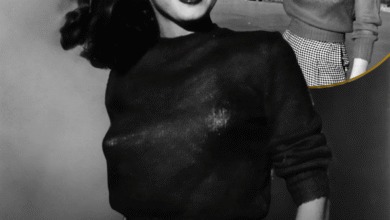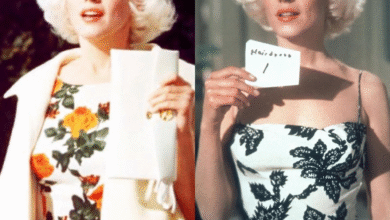Jennifer Lawrence’s Essential Principle for Women Demanding Equal Pay: Stop Trying to Be “Likeable”
OPINION: This article may contain commentary which reflects the author's opinion.
In October 2015, Jennifer Lawrence, one of Hollywood’s most acclaimed actresses, took a bold stand against a problem long whispered about but seldom publicly confronted—the gender pay gap in the entertainment industry. In a powerful essay titled “Why Do I Make Less Than My Male Co-Stars?” published in Lena Dunham’s Lenny Letter, Lawrence exposed the harsh realities of unequal pay and shared the key principle she believes is essential for women demanding fair compensation: stop trying to be “likeable.”
The essay was sparked by the infamous 2014 Sony email hack, which revealed glaring salary disparities on the set of American Hustle. While Lawrence and co-star Amy Adams received 7% of the film’s profits, their male leads—Bradley Cooper, Christian Bale, and Jeremy Renner—each earned 9%. For Lawrence, this revelation was not just a moment of outrage toward the system but a moment of self-reflection. “I got mad at myself,” she admitted. “I failed as a negotiator because I gave up early.”
Lawrence’s candidness struck a chord as she revealed the societal pressures that often make women hesitant to negotiate aggressively. “I was scared to be that person,” she confessed, explaining how she worried about being seen as “difficult” or “spoiled”—labels her male counterparts never had to worry about. While men were praised for being “fierce and tactical,” women were expected to soften their voices to avoid offending or intimidating.
“Are we socially conditioned to behave this way? … Could there still be a lingering habit of trying to express our opinions in a certain way that doesn’t ‘offend’ or ‘scare’ men?” Lawrence asked. Her resounding answer was a call to action: “I’m over trying to find the ‘adorable’ way to state my opinion and still be likable! F– that.”
Lawrence’s essay marked a turning point. By naming the exact cultural conditioning that holds women back and publicly rejecting the need to be “likeable” to be heard or compensated fairly, she gave voice to countless women struggling with similar challenges. Her message was clear: women must claim their worth unapologetically and demand equal pay without fear.
The impact reverberated far beyond Hollywood. Alongside advocates like Emma Watson and Meryl Streep, Lawrence helped fuel a broader movement for pay equity that continues to this day. The Sony hack also unveiled gender pay disparities behind the camera, showing the systemic nature of the issue across the industry.
Despite progress, studies still reveal that women earn only 83 cents for every dollar earned by men across many sectors worldwide. Jennifer Lawrence’s essay remains a landmark moment—a reminder that real change starts when women stop worrying about likability and start insisting on their true value.
In Lawrence’s own words: the most powerful statements sometimes come not from a script, but from the star herself.



